President
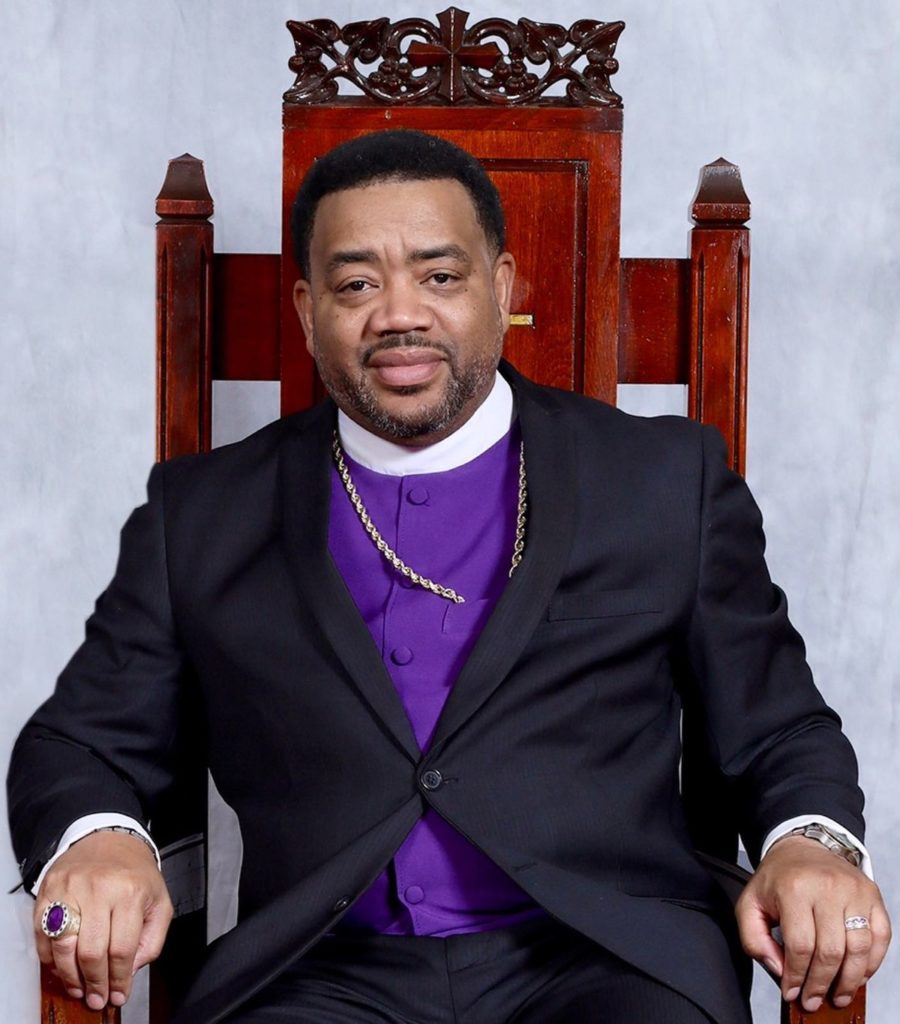 Bishop Talbert W. Swan, II
Bishop Talbert W. Swan, II
1st Vice President
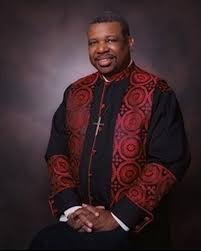 Rev. Mark A. Baymon, Sr.
Rev. Mark A. Baymon, Sr.
2nd Vice President

Angela Thorpe
3rd Vice President
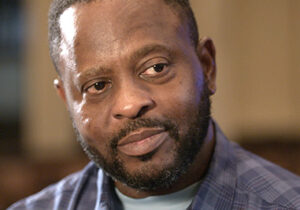
Rev. Samuel Saylor
Secretary
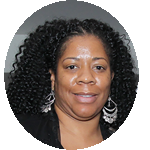
Freda Malone
Assistant Secretary

Kathi Moore
Treasurer

Carolyn Roberson
Elected Executive Committee
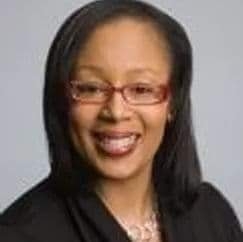
Ayanna Crawford
Standing Committees
These standing committees are the life blood of the organizations. We need you to choose the committee that best suits your goals, energy, and ability. Then roll up your sleeves, volunteer, and jump right in to help our community.
Freedom Fund Committee – Freda Malone, Chair
Plan and conduct the Annual Freedom Fund Dinner (fund raising activities, entertainment and other projects), for local and national purposes within the scope of the Association’s program.
- Work closely with Finance Committee (Treasurer and President).
- Avail yourself to the Public Relations Committee Chair for the local press and on radio, television and media.
- Provide news or publicity stories to the Branch PR Chair and President to keep the public informed.
Membership and Life Membership – Ida Flynn/Cephas Jackson, Co Chairs
The Membership Committee shall:
- Work throughout the year to maintain and increase the membership of the Association
- Be responsible for planning and organizing the annual membership campaign
- Be responsible on a continuous basis for soliciting new members and for securing renewals
- Initiate all possible means to obtain Life Members and sponsor a continuing program towards this end.
Education Committee – Dr. Gloria Williams, Chair
- Seek to eliminate segregation and the discriminatory practices in public education.
- Study local education conditions affecting minority groups.
- Investigate the public school system and school zoning.
- Familiarize itself with textbooks material there from which is racially derogatory.
- Seek to stimulate school attendance.
- Keep informed of school conditions and strive to correct abuses where found.
- Investigate the effects of standardized and high stakes testing practices.
- Teacher certification.
- Promote parental involvement in education.
- Aim to be a center of popular education on the race question and on the work of the Association.
- Roundtable with Commissioner of Education (former Commissioner)
Religious Affairs Committee, Rev. Mark A. Baymon, Sr., ChairThe committee shall consist of ministerial and lay religious leaders including those in the branch. The duties are as follow:
- Promote an educational program designed to give moral and ethical interpretation of civil rights struggle.
- Interpret the work of the NAACP to organize religious groups of all faiths.
- Enlist the support of religious groups for memberships, fundraising, and the struggle for equality and full civil rights.
- Provide resource assistance for religious education and social action activities, associated with the improvement of r
WIN [Women In the NAACP] Committee, Cynthia Swan, Chair
The committee shall address civil rights issues affecting women and children and other civil and cultural activities to enhance membership and provide financial support to the Branch. The duties are as follow:
- To enhance the leadership role of women.
- To serve as an advocacy to address the social economic, political, education, health and welfare issues affecting women.
- To advocate for the emotional, mental, physical and
spiritual development of children. - To support the policies as well as the on-going mission and vision of the NAACP.
Political Action Committee
The Political Action Committee works to ensure voter empowerment through providing awareness, training, and programmatic support to ensure registration, education, administration, and election protection. The NAACP has developed a nonpartisan voter empowerment program designed to empower African American and people of color by increasing awareness and participation in the electoral process. The Political Action Committee will support the NAACP’s mission to ensure political, educational, social, and economic equality of rights of all persons and to eliminate race-based discrimination, through implementing the following initiatives: A series of voter education forums addressing specific issues Issue focused political action notifications through social media usage Get Out The Vote (GOTV), voter registration and poll transportation Partnering with local and national civic organizations to address pertinent issues Informing the electorate of candidate views, to hold elected officials accountable.
Legal Redress – Rev. Maurice Powe, Esq Chairperson
The Legal Redress Committee shall:
- Investigate all cases reported to it
- Supervise all litigation in which the unit is interested
- Keep the National Office and the Branch informed on the progress of every case. It shall not give general legal advice.



